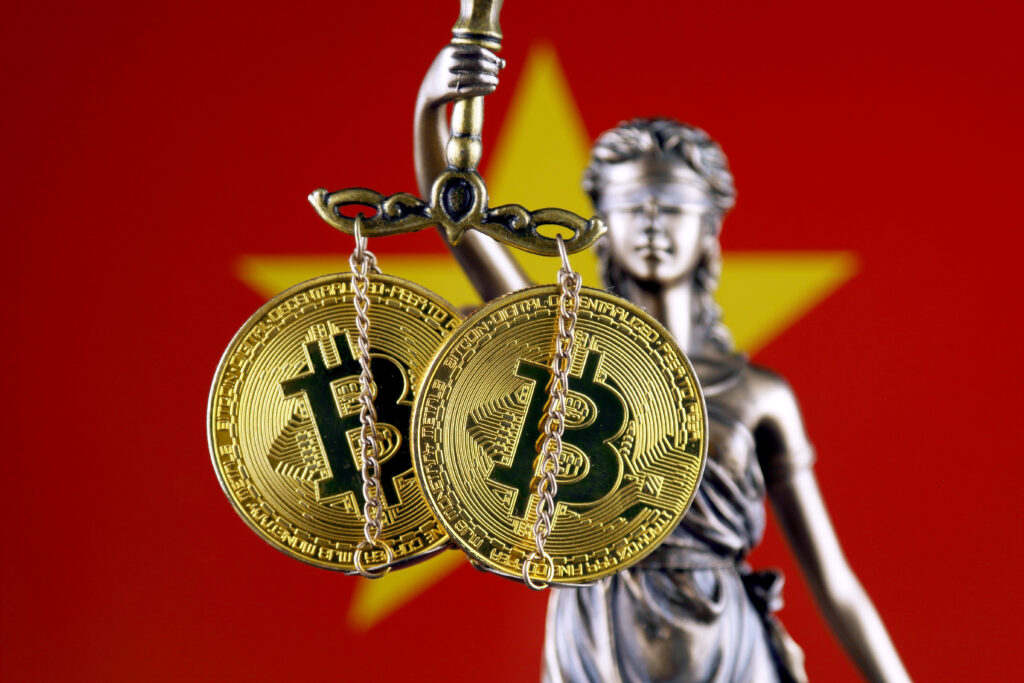
Key Takeaways:
- Vietnam passed a new Digital Technology Industry Law legalizing crypto assets, effective January 1, 2026.
- The law introduces crypto and virtual asset classifications, with regulatory standards and AML compliance aligning with FATF guidelines.
- It also includes incentives and education reforms to position Vietnam as a global digital tech hub, especially in AI and semiconductors.
Vietnam has officially legalized crypto assets under its newly approved Law on Digital Technology Industry, passed on June 14 and set to take effect on January 1, 2026.
The law categorizes digital assets into two types: virtual assets and crypto assets, excluding securities and digital fiat.
JUST IN: 🇻🇳 Vietnam’s National Assembly approves the Law to legalise crypto. pic.twitter.com/3l82lUJko7
— Bitcoin Magazine (@BitcoinMagazine) June 15, 2025
This move brings digital assets under formal regulation for the first time in Vietnam.
To meet international compliance standards, especially those of the Financial Action Task Force (FATF), the law introduces stronger cybersecurity and Anti-Money Laundering (AML) measures.
These changes aim to help Vietnam exit the FATF’s “gray list”, where it has been since 2023.
Beyond crypto, the legislation reflects Vietnam’s ambition to become a global digital tech hub.
It offers incentives like tax breaks, land-use benefits, and R&D support for AI, semiconductors, and digital infrastructure.
Local governments will support talent development through training programs and subsidies, while digital skills will be embedded into national education policies.
The Vietnamese government called the move historic, stating Vietnam is the first country to enact a standalone law specifically dedicated to the digital technology industry.

